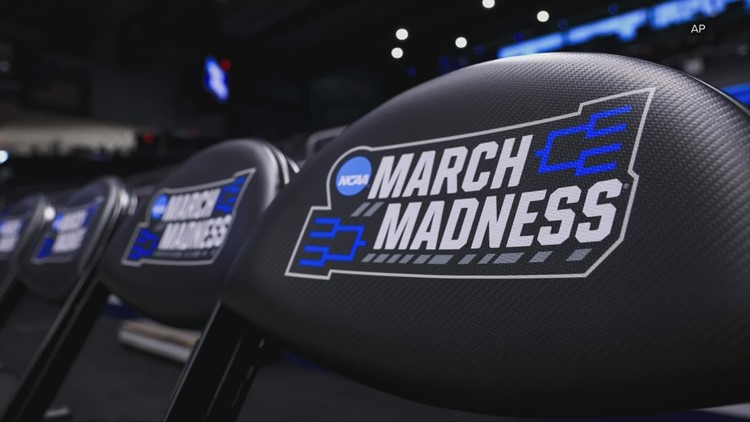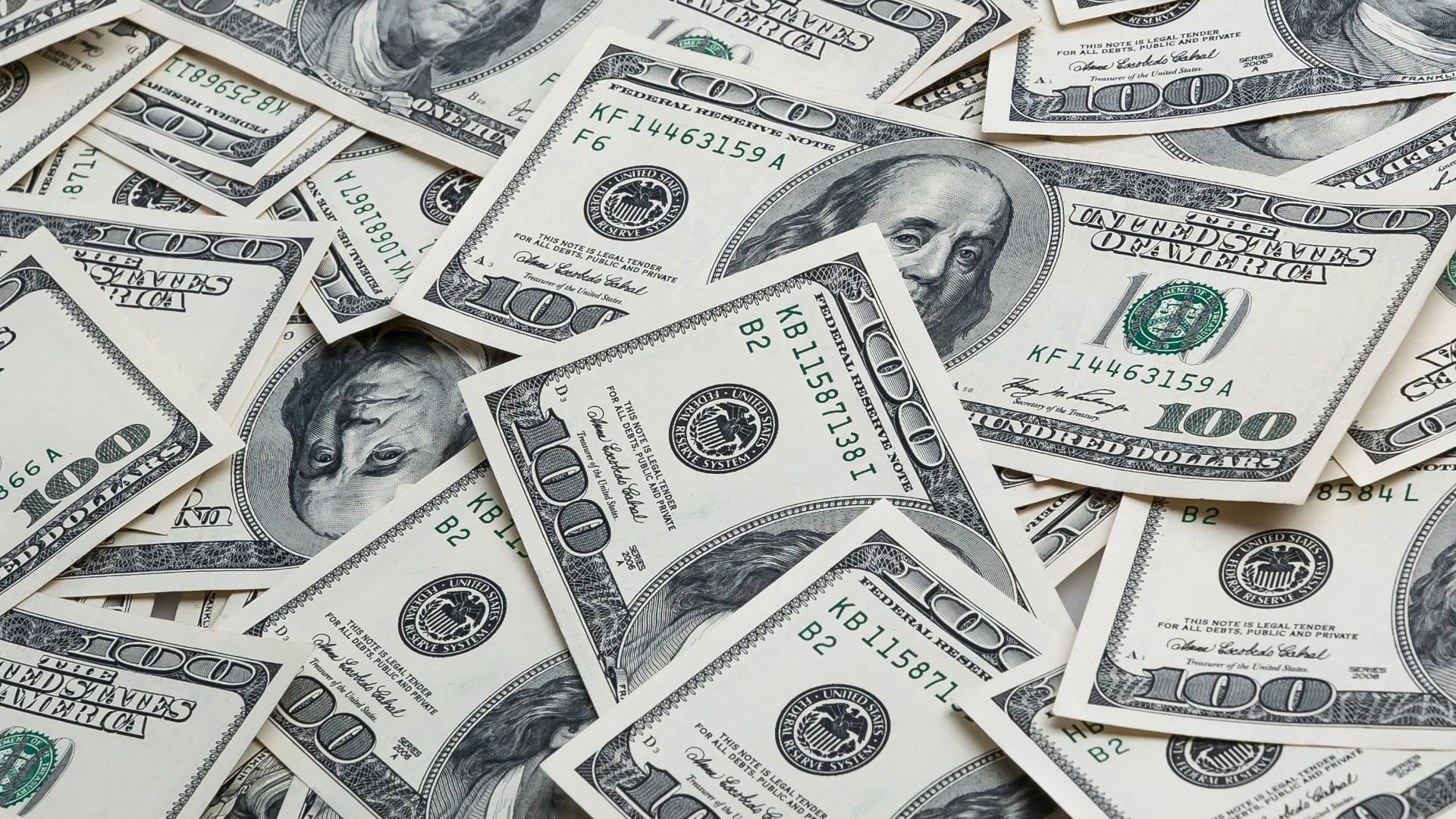COLUMBUS, Ohio — If you’re planning on placing a bet during March Madness this year, the Better Business Bureau is warning of a scam that targets fans participating in brackets and sports betting.
According to the BBB, there are reports of people accidentally placing bets with scam sports betting websites or apps.
Here’s how the sports book betting scam works
When fans want to place a bet on an upcoming game and search for a sports betting service online, they will find a website or an app that looks trustworthy. The scam sites may even offer an enticing introductory bonus, allowing for a “risk-free” first bet.
When fans go to withdraw winnings, the scam sites will block them with excuses of technical issues or needing additional identity verification. Some sites could even demand more money to be deposited before winnings are released, according to the BBB.
- Look for an established, approved service. Look for “white-listed” sports books that have been approved by your area’s gaming commission.
- Ignore gambling-related pop-up ads, email spam or text messages.
- Read the fine print on incentives. Gambling sites and apps often offer incentives or bonuses to new users and around major games. But like any sales pitch, these can be deceptive. Be sure to read the fine print carefully.
- Be sure to check the terms of service. Even legitimate sports betting sites have the right to freeze winnings. Gambling companies can restrict users’ activity for “seeming to have an ‘unfair advantage’ or ‘irregular playing patterns,’” Lifehacker reported.
The BBB also warns fans to look out for emails, texts and social media messages appearing to come from people they know.
“Many fans who normally wouldn’t click on a link may be more inclined to do so if an email soliciting for brackets or wagers appears to come from a friend or co-worker. There’s less of a perception of security risk,” Judy Dollison, president of the BBB serving Central Ohio, said. “And consumers should remember ticket offers can be too good to be true and that even event streaming services can introduce scammers and their malware to the team. Large sporting events offer a slam-dunk for scammers.”
To avoid sports scams, fans should:
- Beware of suspicious emails, texts and social media messages, especially from seemingly familiar sources.
- Exercise caution with bracket pool invitations and ticket offers, particularly from compromised accounts.
- Utilize reputable streaming services to avoid malware and spyware.
When looking for brackets, the BBB says it’s better to opt for reputable platforms such as ESPN or CBS directly. Fans should also verify changes with pool organizers and avoid suspicious emails and attachments.
If you’re heading out to a game, the BBB says the best way to protect yourself is by purchasing tickets from authorized sellers and to use credit cards for additional protection.



